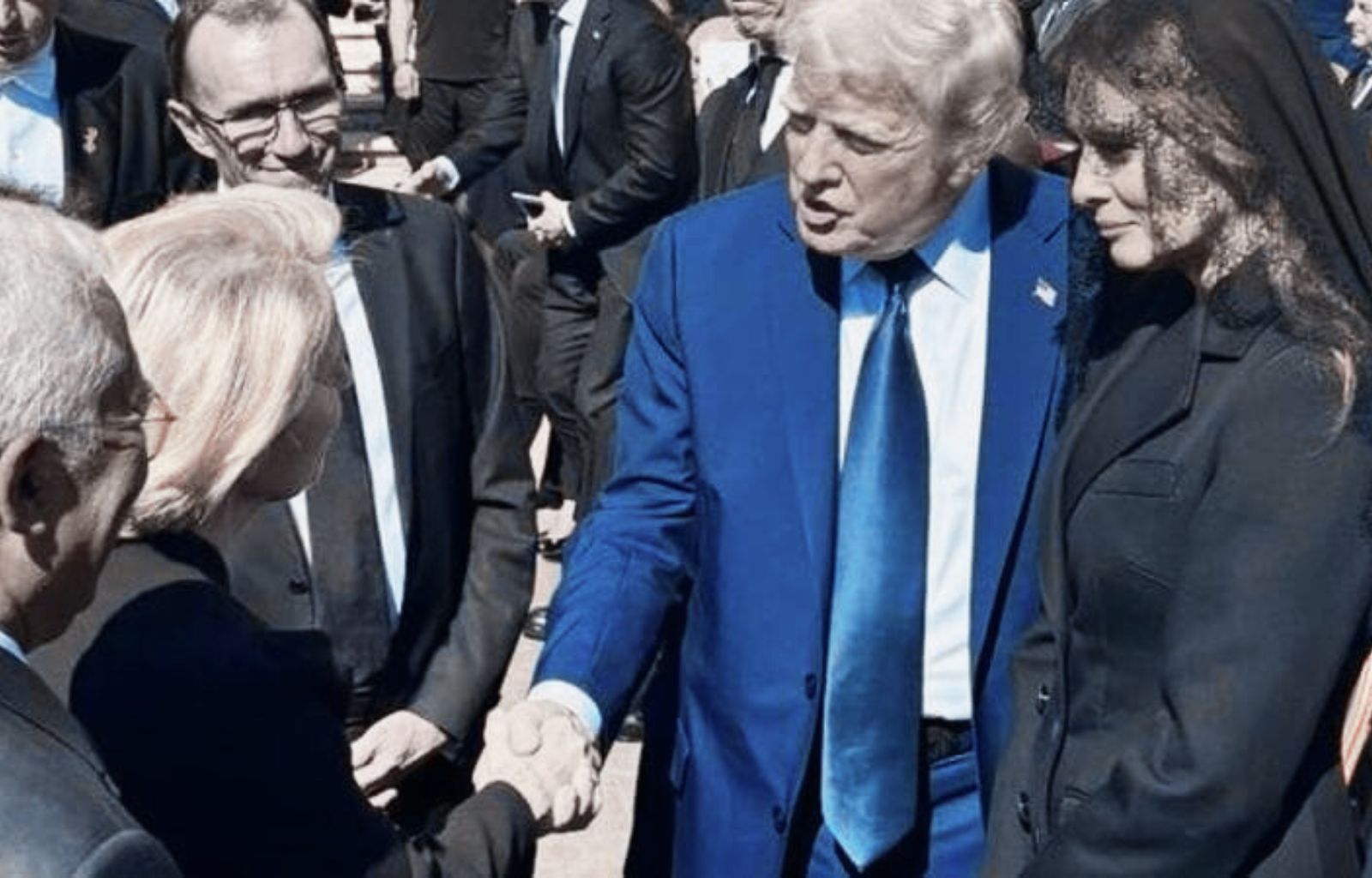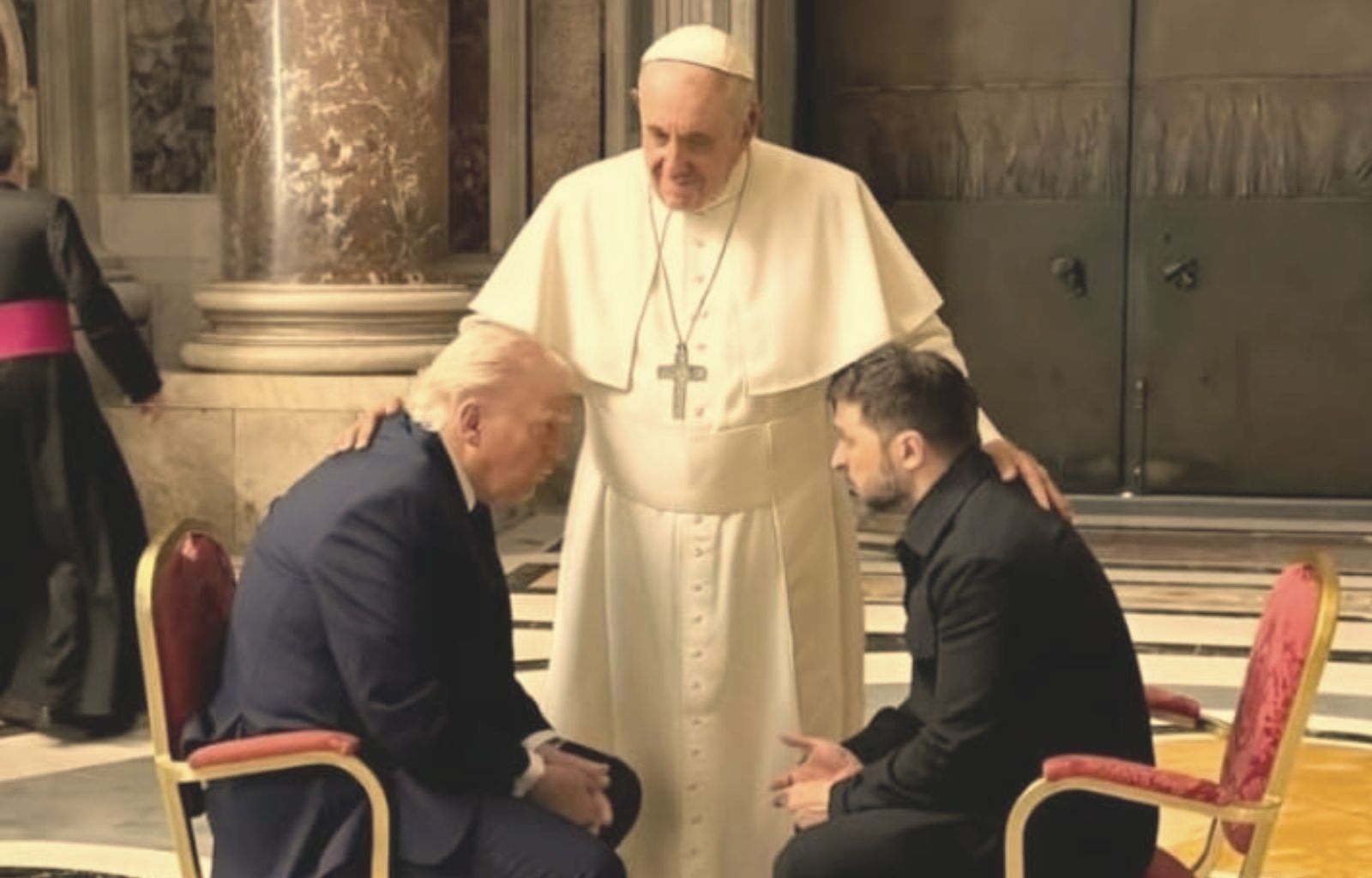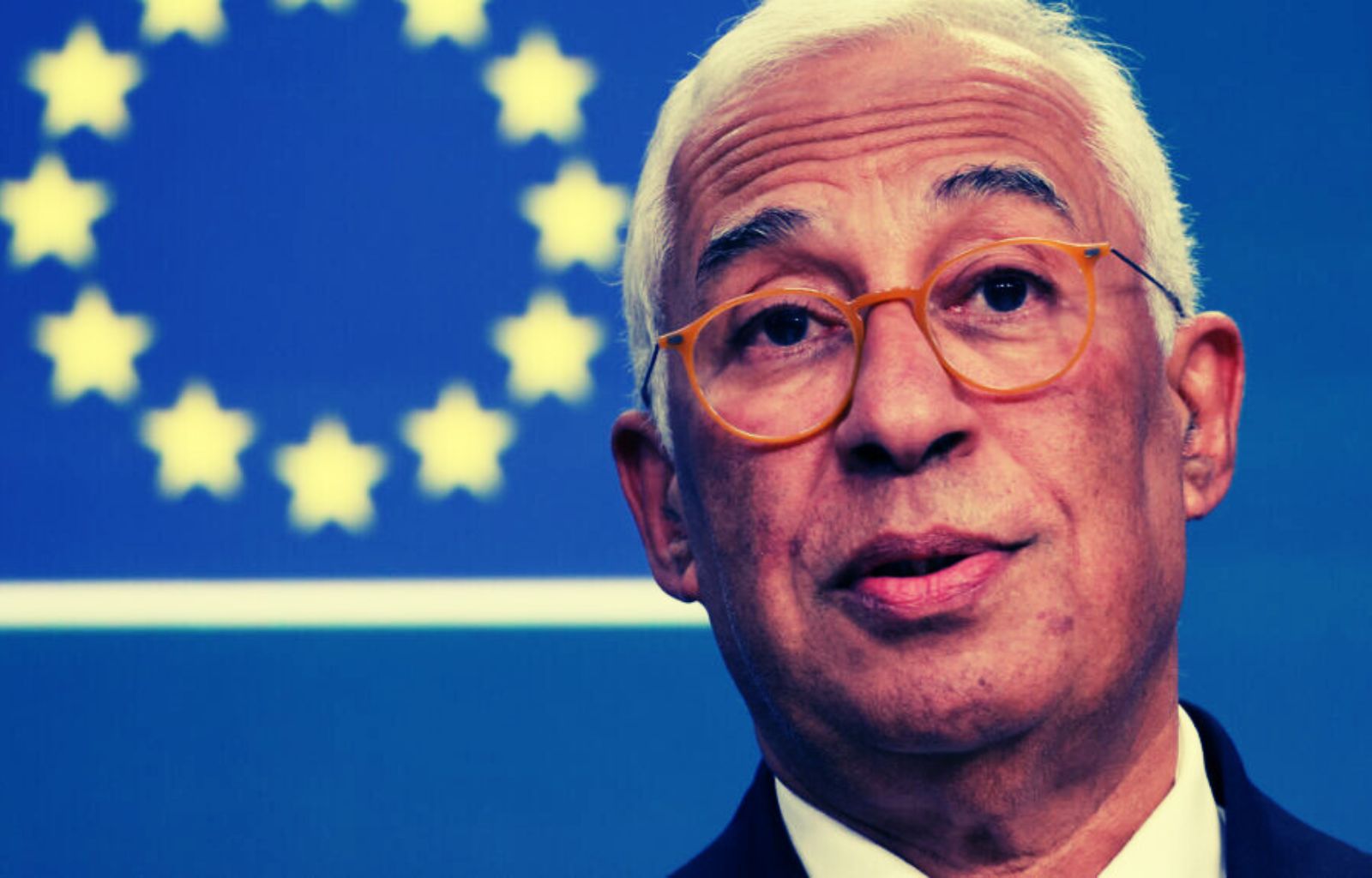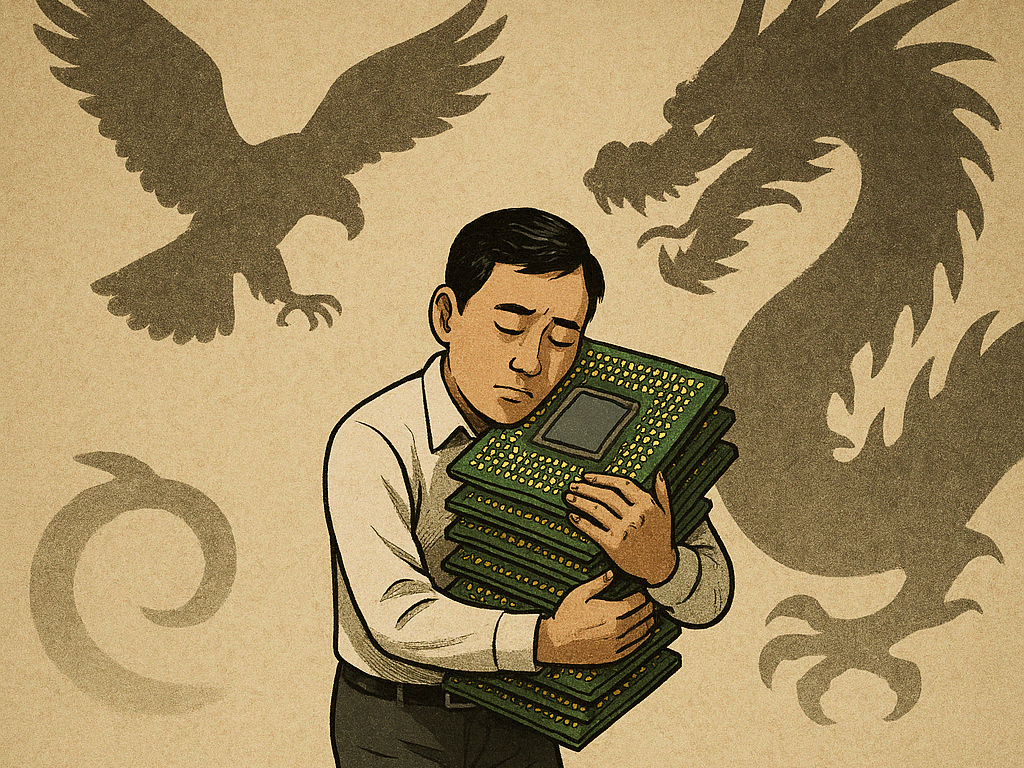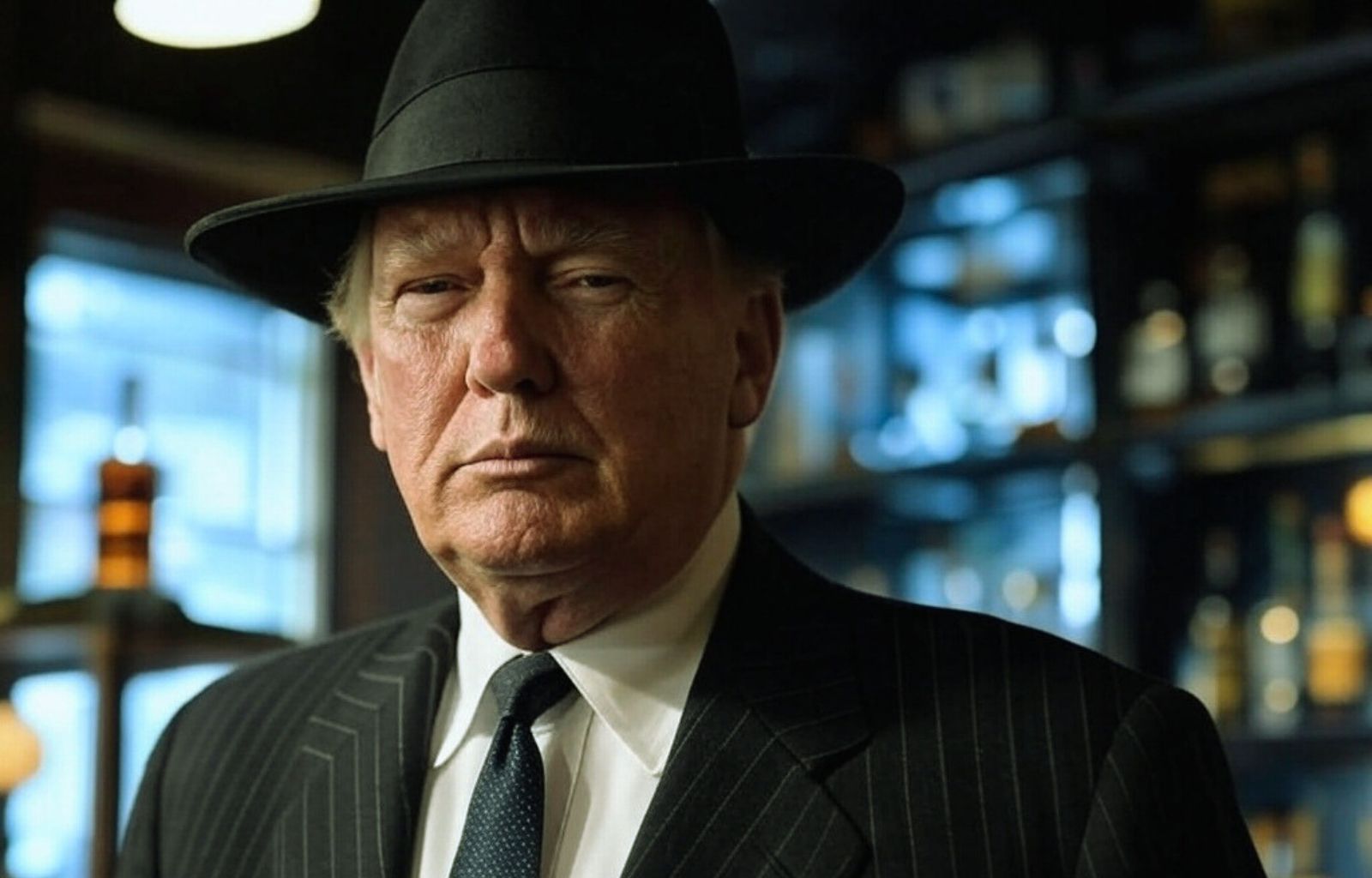Taiwan’s constitutional crisis, Trump’s tariffs and Beijing’s manoeuvres

In the heart of the Pacific, Taiwan is at the centre of an unprecedented constitutional crisis, marked by growing tensions between the executive and the legislature. The country is going through a critical phase that tests the resilience of its democratic institutions. Violence in parliamentary halls, escalating political rhetoric and aggressive legal manoeuvres are eroding the legitimacy of the system and threatening its internal stability. But where does this crisis stem from?
The physical clashes between parliamentarians, once considered folkloric episodes in Taiwanese politics, have become the most obvious manifestation of a deeper institutional rift. The opposition, led by the Kuomintang (KMT) and the Taiwan People’s Party (TPP), holds the majority in the Legislative Yuan, while the Democratic Progressive Party (DPP) controls the presidency but is in the minority in parliament. This scenario has turned the legislative process into an arena of conflict, with the DPP attempting to block crucial votes and the opposition taking advantage of its numerical superiority to advance measures designed to limit presidential power.
One of the most controversial points concerns a series of amendments aimed at strengthening the role of parliament, increasing supervisory powers over the president and raising the threshold for the removal of elected officials. The DPP has tried to stop the approval of these measures, arguing that they undermine political stability and national security. However, the opposition accuses the ruling party of seeking to avoid greater scrutiny and of abusing its executive role to circumvent the legislative will.
Justice and political persecution: the Ko Wen-je case
Parallel to the parliamentary clashes, the judiciary has become a further political battleground. The former mayor of Taipei and leader of the TPP, Ko Wen-je, was arrested on corruption charges related to construction projects dating back to his municipal term. The speed with which the authorities pursued the investigation, the long period of pre-trial detention and the demand for an exceptionally harsh sentence raised questions about the political nature of the proceedings.
For Ko’s supporters, the whole affair is an orchestrated move by the DPP to eliminate an inconvenient political opponent who enjoys growing popularity and has attracted voters from both the KMT and the independent electorate. His arrest provoked a wave of indignation that culminated in a mass demonstration, with tens of thousands of citizens taking to the streets to denounce what they call ‘green authoritarianism‘, in reference to the DPP’s symbolic colour.

The tug-of-war between government and parliament has also affected the judiciary. The Constitutional Court, which is supposed to act as the real arbiter in this crisis, is operating with a reduced composition, due to the failure to agree on the renewal of seven of its judges. The failure to appoint new members is effectively blocking the functioning of the body, making it more difficult to resolve disputes between the president and parliament impartially.
The recent attempt by the parliamentary majority to raise the quorum for Constitutional Court decisions has been severely criticised by the DPP, which sees it as an attempt to further cripple the judicial system. However, opponents argue that such measures are necessary to prevent a small number of judges from making decisions on issues of fundamental importance, such as the defence of the island.
While Taiwan faces this internal crisis, the situation in the strait continues to evolve rapidly. For the first time under the Trump administration, a US Navy fleet crossed the Taiwan Strait, marking a clear signal of support for Taipei at a time of increasing pressure from Beijing. This move drew strong reactions both internationally and in Taiwan itself, where the DPP government interpreted it as an important show of solidarity from Washington.
The Tycoon, meanwhile, has made ambiguous statements about his position on Taiwan, oscillating between verbal support for the island and a desire not to jeopardise relations with Beijing. US policy uncertainty adds a further layer of complexity to the crisis as Taipei tries to maintain a delicate balance between strengthening relations with the US and managing its internal instability. Trump’s words have spooked Taiwan, especially after the announcement of tariffs that could hit the island. The US president recently outlined a new sanctions plan stating that the US will impose duties equivalent to those applied by other countries on American goods. The main targets of this policy include China, Japan, South Korea, and the European Union, but also Taiwan, whose role in the global semiconductor industry has been explicitly targeted. Trump declared that ‘Taiwan has taken away our chip business’ and threatened new tariffs on Taiwanese semiconductor imports in an attempt to force TSMC to move production to the US.
The president’s statements triggered fears of an escalation in trade tensions between Washington and Taipei. Taiwan’s technology sector, a pillar of the island’s economy, could suffer a severe blow if Trump’s protectionist policies are implemented. This scenario has alarmed the Taipei government, which fears serious economic repercussions and a deterioration of relations with the United States, a historical ally against Beijing’s pressure.
Lai Ching-te’s response, Taiwan’s fears
Taipei’s position therefore remains fragile: while Lai Ching-te’s government continues to strengthen ties with Washington to ensure protection from Beijing, it also has to deal with Trump’s unpredictability and the economic impact of a possible trade war. To avoid Trump’s tariffs in case they are implemented, Taiwan has already started to shift part of its exports to other markets. In particular, Taiwanese exports to Mexico increased by 479% in January, with a spike in sales of AI chips, in an attempt to anticipate possible US tariffs. This strategy led to a drop in the share of exports to China, which fell below 30% for the first time in 24 years, while Mexico became a new key market. However, the increasing pressure on Taiwanese companies, particularly in the semiconductor sector, risks jeopardising the stability of the island, which is already under constant threat from China.
Taiwan now faces a domestic political shockwave that is crippling strategic resources, such as the defence budget, which is blocked by the legislative yuan. Trump’s moves threaten to deal a huge blow to Taipei’s economic stability, while Beijing watches closely, ready to exploit any sign of weakness. Lai Ching-te is struggling to find a balance and the island is facing winds of fear that do not bode well.

